Market Trends
Key Emerging Trends in the Biologics Safety Testing Market
The Biologics Safety Testing market is undergoing sizable transformations driven by the growing development and demand for biopharmaceuticals, stringent regulatory requirements, and improvements in analytical technologies. One noteworthy trend is the growing demand for comprehensive Biologics Safety Testing solutions for the duration of the drug improvement and manufacturing technique. The trend closer to improved outsourcing of Biologics Safety Testing offerings is shaping the market dynamics. Biopharmaceutical groups are leveraging the know-how of settlement testing agencies to carry out various safety checks, allowing them to pay attention to middle research and improvement activities. This trend aligns with the industry's need for specialized testing skills, flexibility, and value-effectiveness in navigating the complex landscape of Biologics Safety Testing. The emergence of advanced analytical technology is influencing tendencies inside the Biologics Safety Testing market. Techniques, which include mass spectrometry, subsequent-generation sequencing, and high-throughput screening, are being hired to enhance the sensitivity, specificity, and performance of protection trying-out strategies. The trend in the direction of viral safety testing is gaining prominence within the biologics safety testing market. With the use of cellular strains, tissues, and biological substances in biologics manufacturing, ensuring the absence of adventitious dealers, such as viruses, is critical. This trend consists of the implementation of superior viral clearance research, molecular testing, and bioassays to assess the viral safety of biologics products, contributing to the overall risk mitigation in biopharmaceutical development. Regulatory compliance and adherence to global requirements are pivotal elements shaping traits inside the Biologics Safety Testing market. The biopharmaceutical industry operates under stringent regulatory frameworks, and safety trying out is a crucial factor of regulatory submissions. The trend towards mobile-primarily based assays and in vitro checking out techniques is riding improvements in Biologics Safety Testing. Traditional in vivo trying-out methods are being changed or complemented by innovative in vitro assays that make use of mobile-primarily based trends to assess safety and efficacy. This trend displays a commitment to ethical and humane trying out practices at the same time as assembly the scientific and regulatory necessities for evaluating biologics protection. Collaborations and partnerships between biopharmaceutical groups and trying out provider providers are riding trends inside the Biologics Safety Testing market. The strategic alliance's goal is to leverage the combined knowledge and assets to boost protection testing technology, cope with rising demanding situations, and facilitate the improvement of new and stepped-forward testing methodologies.


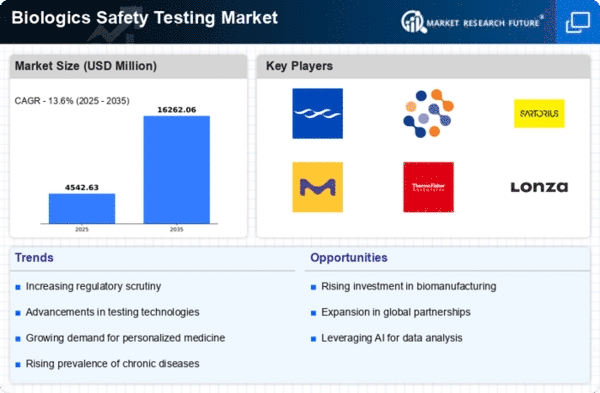
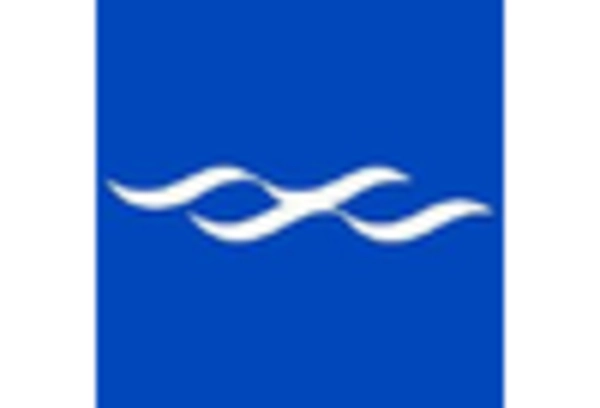
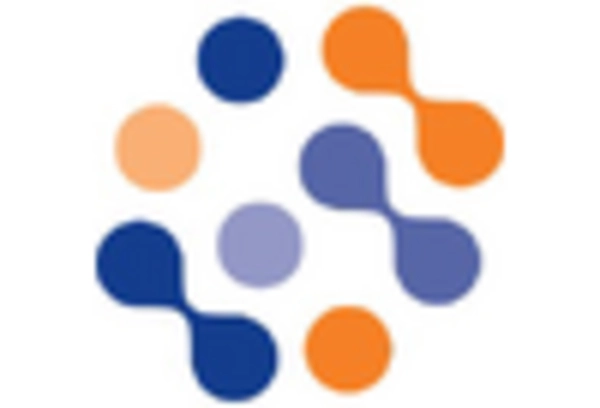
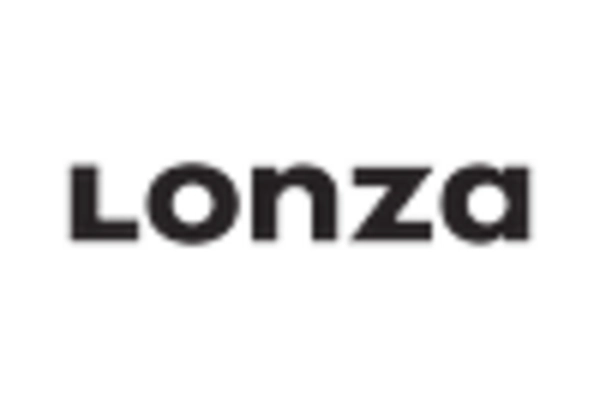

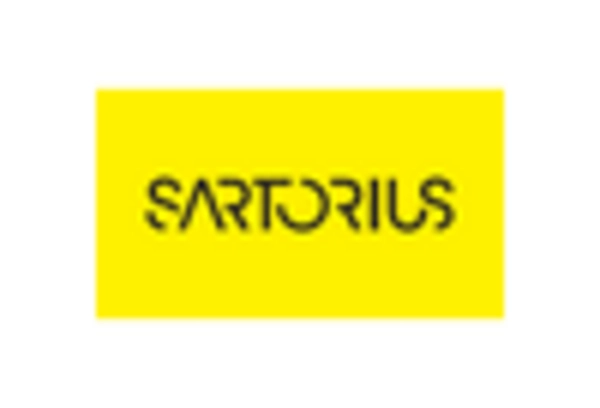










Leave a Comment